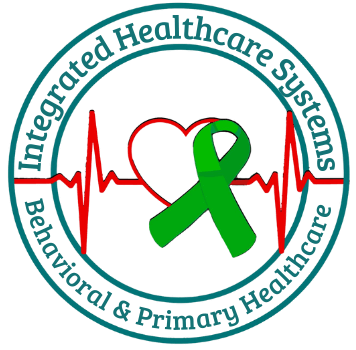Cholesterol is a waxy, fat-like substance that’s found in all the cells in your body. Your body needs some cholesterol to make hormones, vitamin D, and substances that help you digest foods. Your body makes all the cholesterol it needs. Cholesterol is also found in foods from animal sources, such as egg yolks, meat, and cheese.
If you have too much cholesterol in your blood, it can combine with other substances in the blood to form plaque. Plaque sticks to the walls of your arteries. This buildup of plaque is known as atherosclerosis. It can lead to coronary artery disease, where your coronary arteries become narrow or even blocked.
What are LDL, HDL, and VLDL?
There are different types of cholesterol:
- HDL stands for high-density lipoprotein. It is called the “good” cholesterol because it carries cholesterol from other parts of your body back to your liver. Your liver then removes the cholesterol from your body.
- LDL stands for low-density lipoprotein. It is called the “bad” cholesterol because a high LDL level leads to the buildup of plaque in your arteries.
- VLDL stands for very low-density lipoprotein. It is also a “bad” cholesterol because it too contributes to the buildup of plaque in your arteries. But VLDL and LDL are different; VLDL carries triglycerides and LDL carries cholesterol.
What causes high cholesterol?
The most common cause of high cholesterol is an unhealthy lifestyle. This can include
- Unhealthy eating habits, such as eating lots of bad fats. One type, saturated fat, is found in some meats, dairy products, chocolate, baked goods, and deep-fried and processed foods. Another type, trans fat, is in some fried and processed foods. Eating these fats can raise your LDL (bad) cholesterol.
- Lack of physical activity, with lots of sitting and little exercise. This lowers your HDL (good) cholesterol.
- Smoking, which lowers HDL cholesterol, especially in women. It also raises your LDL cholesterol.
Genetics may also cause people to have high cholesterol. For example, familial hypercholesterolemia (FH) is an inherited form of high cholesterol. Other medical conditions and certain medicines may also cause high cholesterol.
What can raise my risk of high cholesterol?
A variety of things can raise your risk for high cholesterol:
- Age. Your cholesterol levels tend to rise as you get older. Even though it is less common, younger people, including children and teens, can also have high cholesterol.
- Heredity. High blood cholesterol can run in families.
- Weight. Being overweight or having obesity raises your cholesterol level.
- Race. Certain races may have an increased risk of high cholesterol. For example, African Americans typically have higher HDL and LDL cholesterol levels than whites.
- Weight. Being overweight or having obesity raises your cholesterol level.
What health problems can high cholesterol cause?
If you have large deposits of plaque in your arteries, an area of plaque can rupture (break open). This can cause a blood clot to form on the surface of the plaque. If the clot becomes large enough, it can mostly or completely block blood flow in a coronary artery.
If the flow of oxygen-rich blood to your heart muscle is reduced or blocked, it can cause angina (chest pain) or a heart attack.
Plaque also can build up in other arteries in your body, including the arteries that bring oxygen-rich blood to your brain and limbs. This can lead to problems such as carotid artery disease, stroke, and peripheral arterial disease.
How do I know if I have high cholesterol?
There are usually no signs or symptoms that you have high cholesterol. There is a blood test to measure your cholesterol level. When and how often you should get this test depends on your age, risk factors, and family history. The general recommendations are:
For people who are age 19 or younger:
- The first test should be between ages 9 to 11
- Children should have the test again every 5 years
- Some children may have this test starting at age 2 if there is a family history of high blood cholesterol, heart attack, or stroke
For people who are age 20 or older:
- Younger adults should have the test every 5 years
- Men ages 45 to 65 and women ages 55 to 65 should have it every 1 to 2 years
How can I lower my cholesterol?
You can lower your cholesterol through heart-healthy lifestyle changes. They include a heart-healthy eating plan, weight management, and regular physical activity.
If the lifestyle changes alone do not lower your cholesterol enough, you may also need to take medicines. There are several types of cholesterol-lowering drugs available, including statins. If you take medicines to lower your cholesterol, you still should continue with the lifestyle changes.
Some people with familial hypercholesterolemia (FH) may receive a treatment called lipoprotein apheresis. This treatment uses a filtering machine to remove LDL cholesterol from the blood. Then the machine returns the rest of the blood back to the person.







